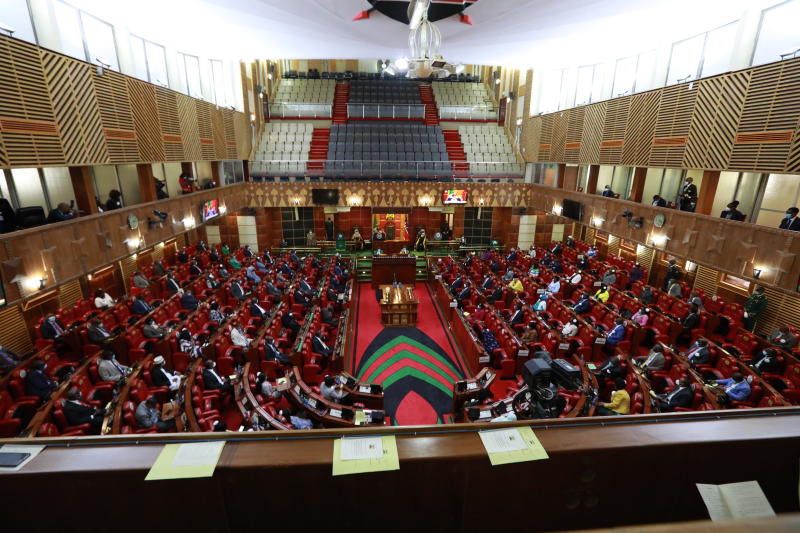×
The Standard e-Paper
Home To Bold Columnists

A past joint parliament session, Nairobi [David Njaaga, Standard]
The Elections (Amendment) Bill 2022 has been introduced in the National Assembly. Among other things, the Bill seeks to revert to the manual system of transmitting election results last used in 2007. It also seeks to empower election officials to conduct manual identification of voters in a bid to address the vexing issue of ‘dead’ voters casting votes.